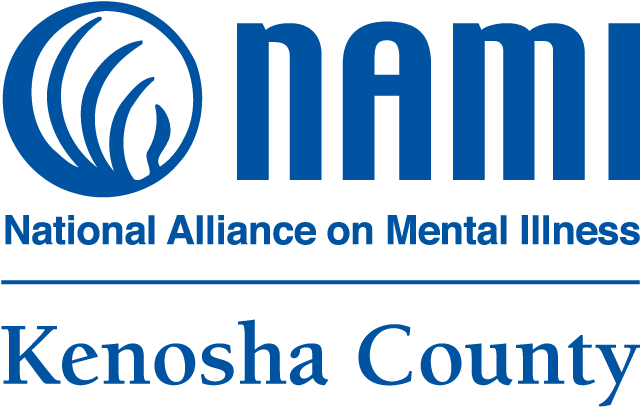Medicare
December 2018
Last month, the Centers for Medicare & Medicaid Services (CMS) issued a proposed rule that would impact Medicare coverage of prescription drugs. In January, we will distribute template comments specific to our areas of concern, but in the meantime, NAMI's partner organizations may reach out your NAMI State Organization or Affiliate to sign on to letters or encourage action regarding this proposed change or others.
To help determine if signing on or engaging is appropriate, you'll find more information on these changes and the areas that impact people with mental illness below.
Background on Medicare and Mental Illness
Medicare, unlike Medicaid, is entirely funded by the federal government. It provides health coverage to older Americans and to adults with disabilities. Many older adults on Medicare have mental health conditions. In addition, there are millions of younger adults who are on Medicare because they have a psychiatric disability.
Medicare is made up of "parts" that cover different benefits:
- Part A: Hospital care, short-term skilled nursing, home health services, hospice
- Part B: Health care professionals, outpatient and preventive care, some medical equipment and supplies
- Part C: Medicare Advantage-an alternative coverage option that covers both part A and B benefits, and often includes part D prescription benefits
- Part D: Prescription drugs
What are the "6 protected classes" in Medicare Part D?
Medicare Part D provides drug coverage for 43 million seniors and adults with disabilities. Today, Part D plans must cover "all or substantially all" drugs in six classes, including:
- Anticonvulsants (often prescribed for epilepsy)
- Antidepressants
- Antineoplastics (prescribed for cancer)
- Antipsychotics
- Antiretrovirals (prescribed for HIV/AIDS)
- Immunosuppressants (prescribed for transplants)
These six protected classes were created to ensure people with conditions treated by these medications are not discriminated against, as well as to ensure access to a range of options that meet individual needs.
What is CMS proposing to change?
CMS is proposing a number of changes to how Medicare pays for drugs. Of these proposals, NAMI is concerned that the following will negatively affect people with mental illness:
Medicare Advantage (Part C) changes
- Step therapy for Part B drugs
NAMI has a long-standing policy of opposing step therapy for mental health medications. The proposed rule would put into regulation what CMS already allowed in an Aug. 7, 2018 memo-allowing Medicare Advantage plans to implement step therapy for drugs covered under Part B.
What drugs are covered under Part B? Part B covers drugs that have to be administered intravenously, such as chemotherapy. One long-acting injectable (LAI) antipsychotic is also covered by Part B, while newer LAIs are covered under Part D.
Part D changes
- Prior authorization and step therapy in the six protected classes
CMS is proposing changes that would allow plans to use prior authorization and step therapy more widely in the six protected classes, even for people who are stable on their current medication. NAMI opposes this rule change, which would cause dangerous disruptions in treatment for millions of Medicare enrollees with mental illness.
- Restrictions on new formulations of drugs
The new rule would allow Part D plans to not cover new formulations of existing drugs, such as the long-acting injectable form of an antipsychotic or a new extended release formula. NAMI opposes this rule change, which would limit important innovations that make medications easier to take, better tolerated, or better tailored to a specific condition.
- Price increases above inflation
The new rule would allow plans, starting in January 2020, to exclude coverage of drugs, including "protected class" antipsychotics and antidepressants, if their wholesale acquisition cost (WAC) rose more quickly than general, not medical, inflation. General inflation generally rises more slowly than inflation for medical goods or services. This change could result in people not having access to needed medications and experience harmful disruption in their treatment.
What you can do
Comment on the proposed rule: Your voices on this issue matter. NAMI will distribute template comments specific to these areas of concern and instructions for submitting comments in early January which you can use to let CMS know about our concerns regarding the proposed rule.
Sign on to coalition letters: You are encouraged to sign on to coalition letters on this rule, provided the letters appropriately represent NAMI's position(s). As always, if you are not sure or would like advice, feel free to reach out to Hannah Wesolowski, director of advocacy, at [email protected].
Note: Separately, CMS is asking for comments on options for changing payment for Part B drugs to more closely align with international prices. If you're contacted about this issue, please reach out to Hannah Wesolowski, director of advocacy, at [email protected].
